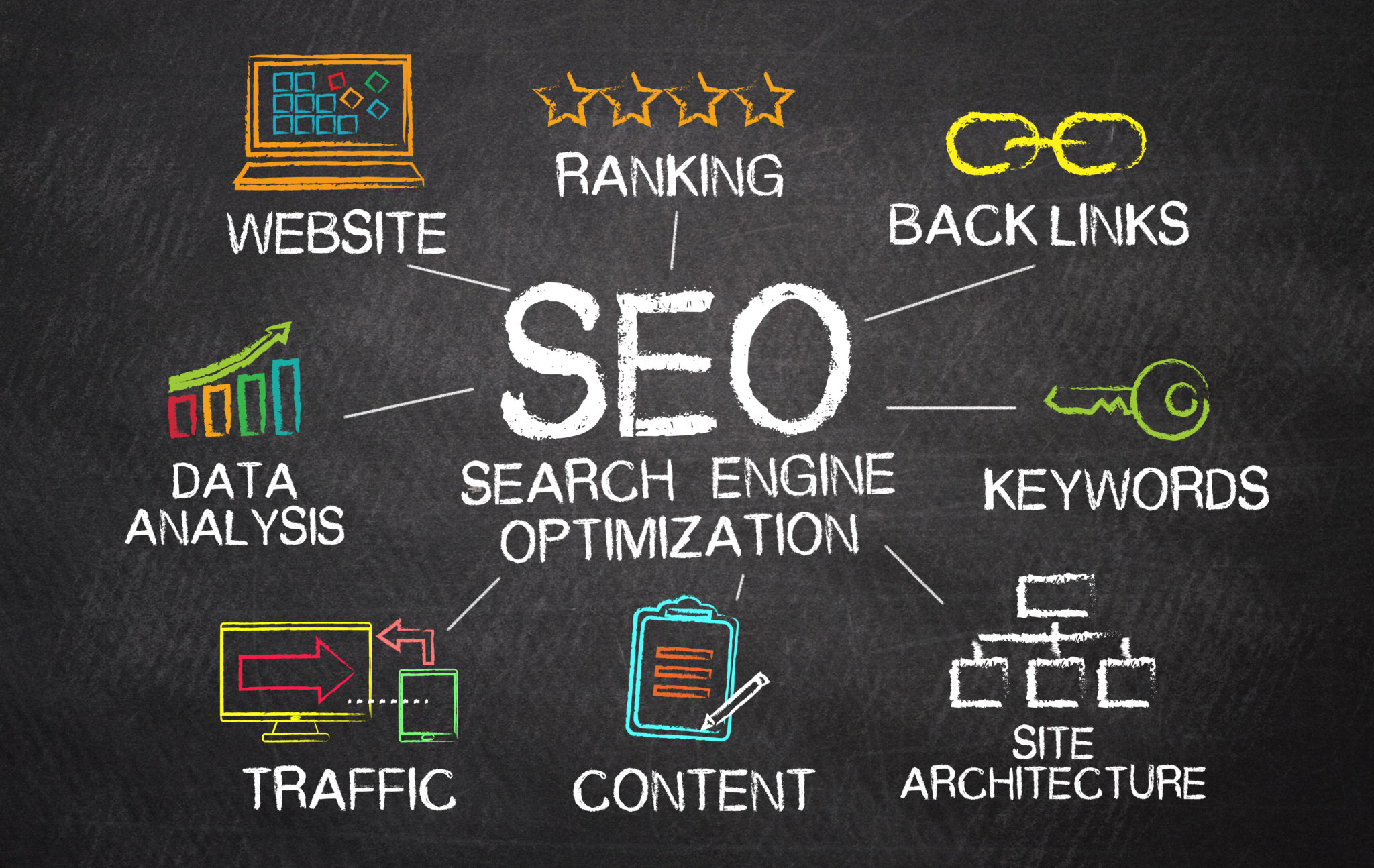If you’ve been reading up on SEO, you’ve probably encountered varying opinions about backlinks—some say they’re no longer important, while others insist they’re pivotal. The truth lies somewhere in between: backlinks do matter, but the focus has shifted toward quality and relevance rather than sheer quantity.
Today, reputable backlinks from authoritative, high-traffic websites can significantly impact your rankings. Below, we explore why these backlinks matter and how they help grow your site’s visibility, credibility, and overall traffic.
1. Establishing Credibility and Authority
When a reputable website with an established audience links to your content, it serves as a vote of confidence in the eyes of search engines. Google and other search platforms interpret such backlinks as signals that your website provides valuable, trustworthy information. As a result, your domain authority can improve, boosting your chances of ranking higher in search results.
However, a single link from a highly credible site can be worth more than hundreds of links from low-quality or spammy sites. This is why quality is more important than quantity: a small number of authoritative, relevant links will do far more good than a large number of weak backlinks.
2. Attracting Relevant Referral Traffic
Another major advantage of a backlink from a high-traffic website is the direct referral traffic that comes with it. When readers find your link on a reputable site, they are more likely to visit your page out of genuine interest, rather than mere curiosity.
For instance, imagine being cited in a well-respected industry publication or popular blog within your niche. Their readership—already aligned with your subject matter—will be much more inclined to click through to your content. This targeted referral traffic can be incredibly valuable, often resulting in a higher likelihood of engagement, newsletter sign-ups, or even product purchases.
3. Enhancing Your Online Reputation
In addition to SEO benefits, a link from a recognized platform does wonders for your brand’s online reputation. The mere association with a trusted source signals to readers that your content is worth their time. This can elevate perceptions of your website or business, help you stand out from competitors, and ultimately encourage potential customers to engage with your content or services.
4. Boosting Visibility in Niche Communities
Having a presence in high-traffic, relevant communities helps spread the word about your brand. Think about guest posts, interviews, or even curated link lists that feature your site. By being visible in these spaces, you’re effectively putting your content in front of people who may have never heard of your brand before. Over time, this visibility can snowball, leading to social media shares, more backlinks, and a growing audience.
5. Fostering Opportunities for Collaboration
Backlinks from respected websites often open the door to collaborations and partnerships. For example, if a large publication cites your article, other influencers or industry authorities might notice you. They might invite you for podcasts, interviews, or co-author pieces, further expanding your reach.
Each new collaboration has the potential to generate additional backlinks, build new audience segments, and multiply the SEO benefits you receive. It’s a self-reinforcing cycle that starts with earning that first high-quality link.
6. Key Factors That Make a Backlink Beneficial
Not all backlinks are created equal. Below are some qualities that make a backlink truly advantageous for your SEO efforts:
- High Domain Authority: The linking site should have a robust backlink profile itself and be trusted by search engines.
- Relevant Niche: A backlink holds more weight if it comes from a site in your industry or one that covers similar topics.
- Original, Engaging Context: Links placed within unique, high-quality content—especially within a natural sentence structure—carry more value.
- High Traffic Volume: A site with a steady flow of visitors is more likely to send you referral traffic, magnifying the link’s impact.
- Positive User Experience: Websites that load quickly, have a clean design, and feature credible content are more likely to maintain their authority status.
7. Avoiding Common Pitfalls
While pursuing high-quality backlinks is crucial, it’s important to steer clear of black-hat or outdated link-building tactics:
- Link Farms and Private Blog Networks (PBNs): These networks exist solely to manipulate SEO. Search engines can often detect these schemes and penalize your site.
- Paid Links: Buying bulk links is against Google’s guidelines, and if discovered, can lead to penalties.
- Irrelevant Website Placements: Links from sites unrelated to your niche or with poor user engagement can dilute your credibility rather than enhance it.
Closing Thoughts
Yes, backlinks still matter for SEO. However, modern algorithms are much more discerning and reward quality, authority, and relevance above all else. A single link from a reputable site in your niche can propel your SEO efforts significantly—driving both organic search rankings and referral traffic.
If you’re serious about SEO, focus on building relationships with thought leaders in your industry, creating high-quality content that others want to link to, and engaging in thoughtful guest posting or collaborative efforts. By placing emphasis on earning a handful of meaningful, traffic-driving backlinks, you set the stage for long-term SEO success and sustained growth in your online presence.



